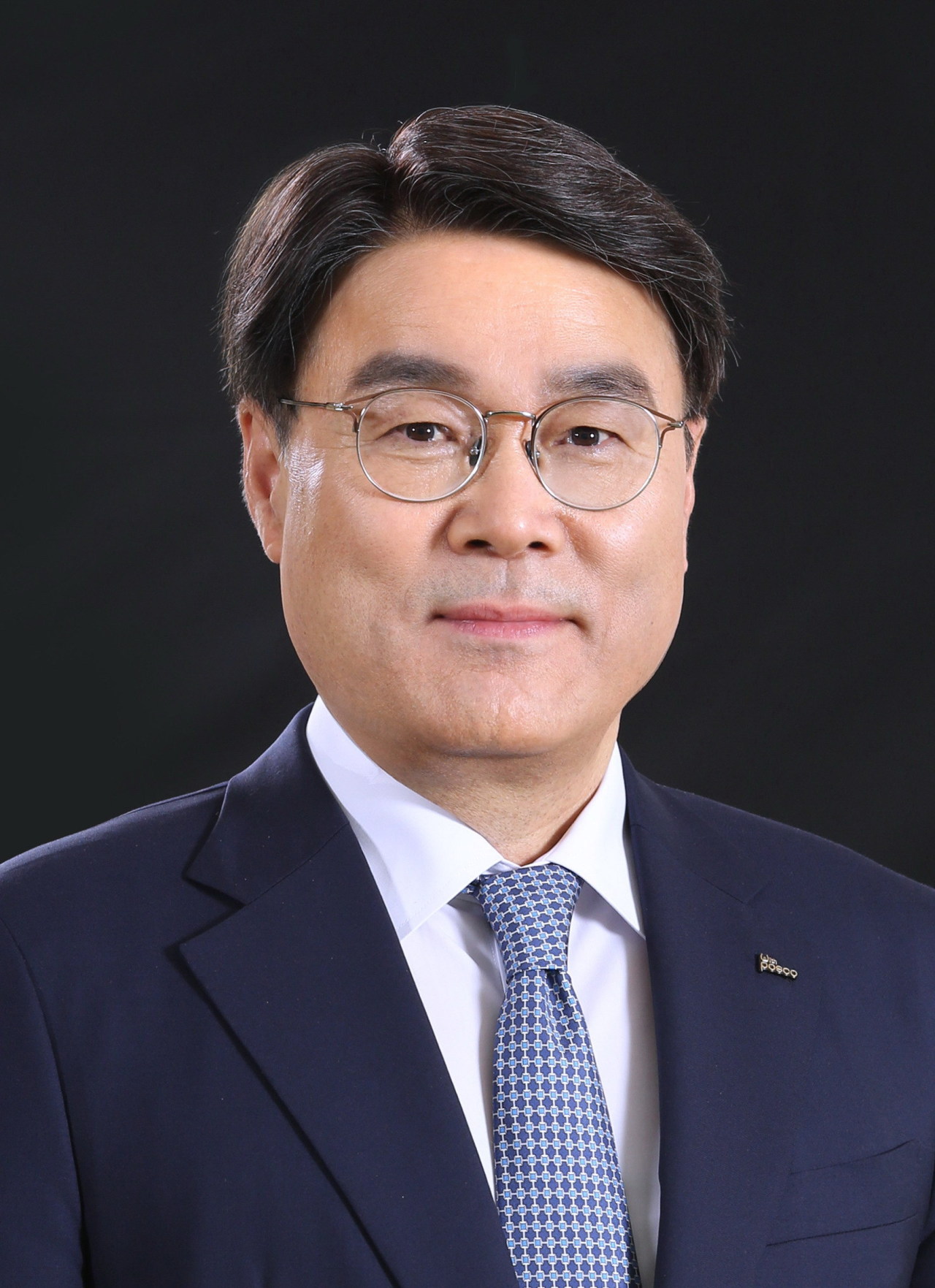Posco plans to produce high-purity nickel for secondary battery
By Jo He-rimPublished : July 28, 2021 - 14:54

Posco will build a nickel refinery plant to produce high-purity nickel for high-volume secondary batteries, the company said Wednesday.
The Korean steelmaker will be plowing about 230 billion won ($199 million) into building the plant, to be built on the premises of its main steel mill in Gwangyang, South Jeolla Province, near where its affiliate company SNNC is located.
SNNC is a nickel supplier, jointly operated by Posco and SMSP, the largest nickel ore exporter on the French Pacific island territory of New Caledonia. Posco said it will add a new facility to the SNNC premises for the company to produce the nickel matte, which will be refined at the envisioned refinery plant.
The firm seeks to refine nickel matte -- nickel-iron sulfide with a purity of 75 percent -- to produce nickel with a purity of 99 percent.
According to Posco, the new plant will have an annual production capacity of 20,000 metric tons, enough to supply 500,000 electric vehicles.
Citing a report from Wood Mackenzie, a market research firm, Posco said the number of electric vehicles in the global market, which surpassed 3 million last year, will grow to over 32 million units by 2030. The demand for high-purity nickel would also increase alongside the electric vehicle boom by an annual average of 23 percent, it said.
Raising the prospect that the market may face a shortage of the high-purity nickel after 2025, Posco said it seeks to obtain the key materials in advance and create a strong value chain of its secondary battery material business.
The high-purity nickel operation is part of Posco’s efforts to produce 100,000 tons of nickel in 2030.
Setting the goal of a 20 percent share in the global secondary battery market, and to achieve annual sales of 2.3 trillion won in 2030, Posco said it was working to establish its own value chain to produce the materials for secondary batteries.
By 2030, the company said it aimed to produce 220,000 tons of lithium and 100,000 tons of nickel to establish a production system for 400,000 tons of cathode materials and 260,000 tons of anode materials.
By Jo He-rim (herim@heraldcorp.com)


![[Exclusive] Korean military set to ban iPhones over 'security' concerns](http://res.heraldm.com/phpwas/restmb_idxmake.php?idx=644&simg=/content/image/2024/04/23/20240423050599_0.jpg&u=20240423183955)

![[Graphic News] 77% of young Koreans still financially dependent](http://res.heraldm.com/phpwas/restmb_idxmake.php?idx=644&simg=/content/image/2024/04/22/20240422050762_0.gif&u=)



![[Pressure points] Leggings in public: Fashion statement or social faux pas?](http://res.heraldm.com/phpwas/restmb_idxmake.php?idx=644&simg=/content/image/2024/04/23/20240423050669_0.jpg&u=)










